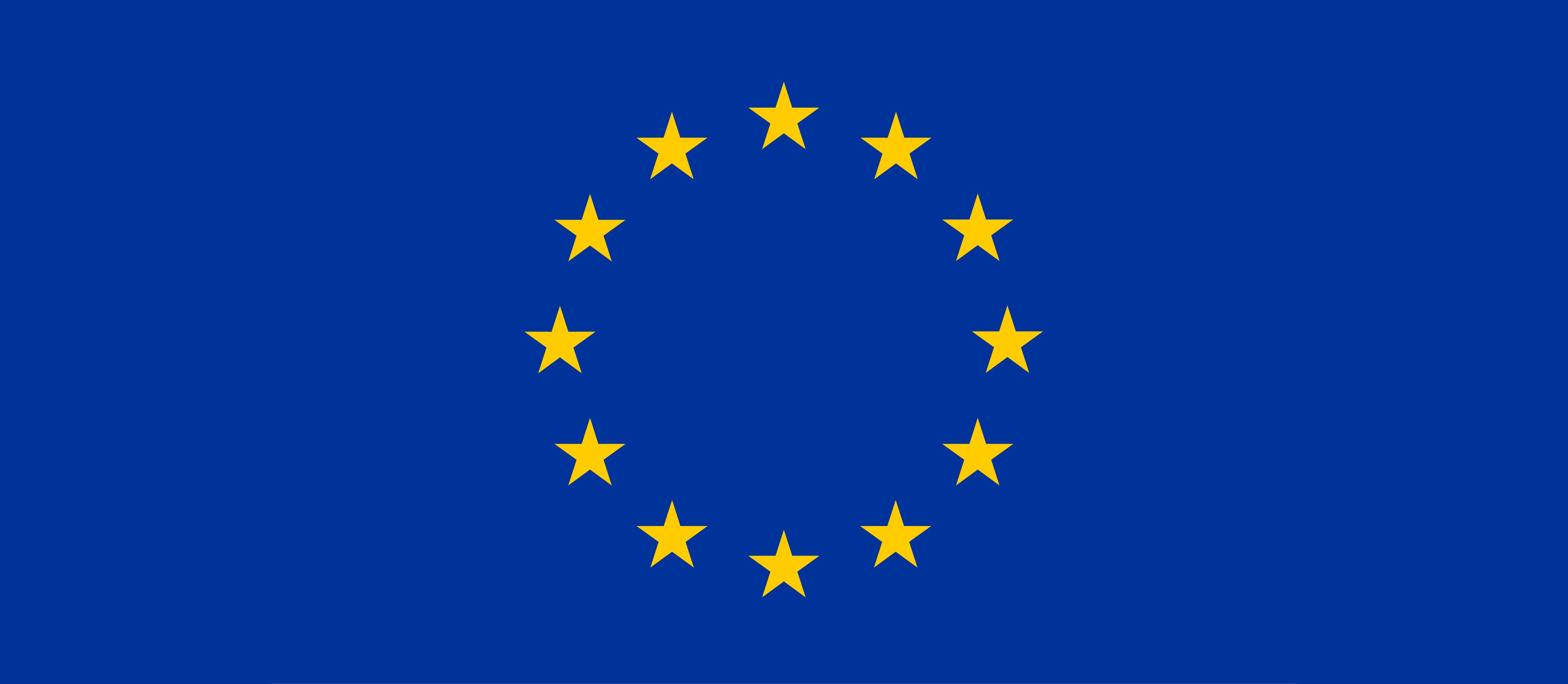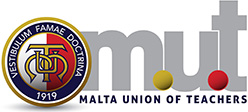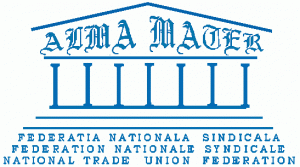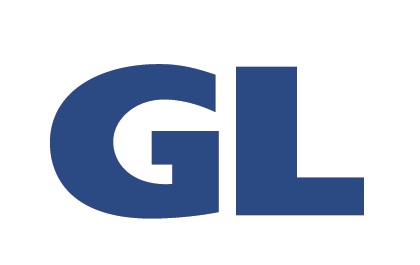Introduction
Answering to the soaring level of digitalisation in society and the education sector, not at least due to the COVID-19 pandemic, the European Trade Union Committee for Education (ETUCE) and the European Federation of Education Employers (EFEE) aim to work towards an education environment that embraces digitalisation and is beneficial to students, teachers, trainers, school leaders and education personnel alike. This project allows for a joint reflection on the potentials of the digital era as a resource for the education sector beyond the pandemic.
-
Projects and Tools
-
YOUR TURN! Teachers for Trade Union Renewal (2018-2020)
-
Activities Your Turn!
-
ESSDE partners promoting migrant and refugee integration (2017-2019)
-
Activities
-
EU CONVINCE project – EU Common Values Inclusive Education (2018-2020)
-
Activities
-
OiRA project – Online Interactive Risk Assessment tool
-
Empowering education trade unions to address gender equality in the teaching profession through social dialogue (2018-2019)
-
Activities
-
ETUCE Online Database of Good Practices
-
Education Trade Unions and Inclusive Schools: Embracing Diversity in Education (2019-2021)
-
e-Speed (2020-2021)
-
Privatisation and Industrial Relations (2020-2021)
-
Activities IR-EDUREFORM Project
-
Education for Social Change: The role of Education Trade Unions in addressing sustainable environmental development (2021-2022)
-
Attractiveness of the Teaching Profession (2021-2023)
-
ELNE : European Leadership Network Europe
-
ETU4REF: Education Trade Unions support the inclusion of refugees and migrant (2023-2025)
-
APRES COVID
-
Your Turn 2: Teachers for Trade Union Renewal
-
InclEdu4AllNeeds
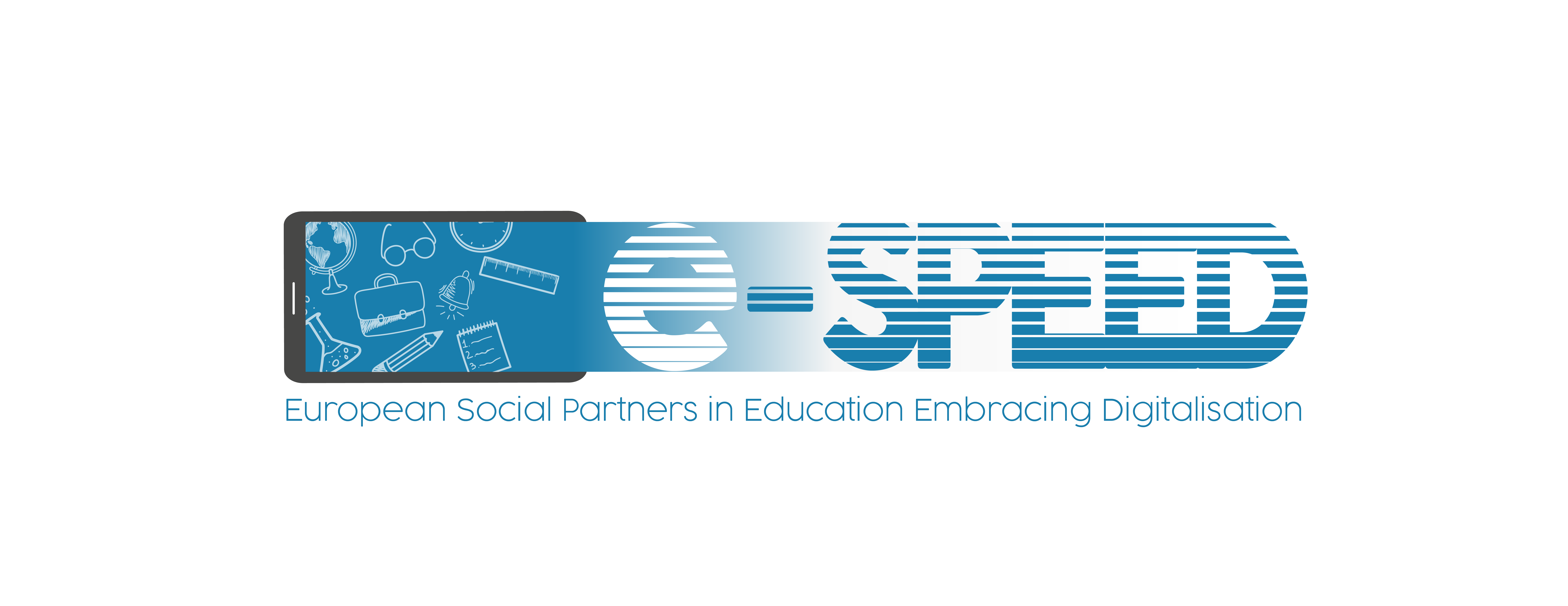
Funding
AG members
- Anders Pors GL Denmark
- Anca Sipos Alma Mater Romania
- Valeria Mallia MUT Malta
- Barbara Schweighofer-Maderbacher GÖD Austria
Related topics
Related news
Digital technologies, the use of ICTs andArtificial Intelligence have can bring about significant improvements to the education of students. With the COVID-19 pandemic, their use has exponentially expanded across the education sector. However, they also entail numerous concerns, and if not well used or developed without the input of teachers, education personnel and education trade unions, these tools can be harmful to students, teachers, and the overall quality of education. From data privacy issues to increased workload, limitation of professional autonomy and academic freedom, harassment and cyber violence, or exclusion of students and teachers who do not have access to digital infrastructure or skills training, those are concrete examples of the concerns that must be urgently addressed.
That is why the European Trade Union Committee for Education (ETUCE) and the European Federation of Education Employers (EFEE) have launched the project “E-Speed – European Social Partners in Education Embracing Digitalisation: Challenges and opportunities for European education trade unions and employer organisations in the digital era”. This common project, particularly timely in light of the impact of the COVID-19 pandemic, and the increasing use of digital tools to provide education, will identify good practices in ensuring equal access to digital skills. It will also allow social partners in education at European and national level, education authorities and education trade unions, to address difficulties and opportunities regarding digitalisation in education, exchange first-hand knowledge and experiences, and jointly commit to common goals for the provision of quality digital education for all. The e-Speed project is set within the frame of the joint ETUCE-EFEE Declaration on the attractiveness of the teaching profession. Its findings will contribute to the current European Sectoral Social Dialogue in Education (ESSDE)’s work programme on the topic “innovative teaching and learning in the 21st century”.
The project is steered by an advisory group composed of representatives from four ETUCE member organisations, the education trade unions GÖD (Austria), DLF (Denmark), MUT (Malta), and Alma Mater (Romania), and four representatives from EFEE. In the framework of the project, an online survey among ETUCE and EFEE member organisations seeks to gather data on digitalisation in education, the impact of the COVID-19, and good practices. This data is to guide in-depth reflection and exchanges during two case studies in Denmark and Romania and come together in a research report presented in a final conference.
Answering the soaring level of digitalisation in society and the education sector, not at least due to the COVID-19 pandemic, ETUCE and EFEE aim to work towards an education environment that embraces digitalisation and is beneficial to students, teachers, trainers, school leaders and education personnel alike. This project also allows for a joint reflection on the potentials of the digital era as a resource for the education sector beyond the pandemic.
